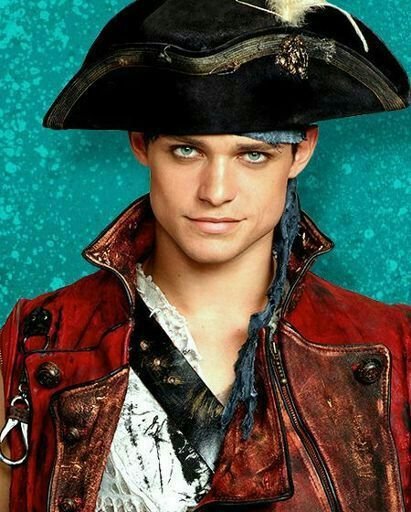
"Who is your father?" is the question underpinning patriarchal societies across rural, sub-Saharan Africa. Indeed, the cumulative power of these photos lies in demonstrating how his actual political accomplishments in the region – as sparse as his visits – pale alongside the simple facts of genealogy. Obama retains a totemic quality across much of the continent. The contrast between the traditional surroundings (the mud hut, the donkey and cart) and this very contemporary figure, often shown in front of stars and stripes, is striking and frequently funny.

Hook sought out everything similarly emblazoned – from T-shirts to sarongs to branded underpants – worn by people of all ages and ethnicities across six countries. Four years ago, he was giving a lift to a Masai elder when he noticed a familiar name on the man's beanie: Obama. Hook's most intriguing collection, still ongoing, came about quite by chance. Even those taken outside the tent have a humanity and humour.
#Harry hook skin#
The black backdrops emphasise different skin tones, and individual personalities burst from every frame. Hook's portraits have a compelling purity, a directness and unforced exoticism belying lazy ideas of Africa as a homogenous mass. Unforced exoticism … Hook's portrait of a Samburu woman. It creates a formality which the more conservative communities respond to." They can present themselves how they want – and participate in the process. "We find a good tree, erect the tent, and it's like the circus coming to town. When I ask to see his studio, he laughs and points to a pile of poles and black curtains on the floor. Photography, a hobby pursued between film projects, became Hook's new passion. His scripts, often featuring men striving against impossible odds (the irony isn't lost on him), never found financial backing.
#Harry hook tv#
Hook's moment had passed, however, and he slipped into a comfortable but unfulfilling rut of TV dramas and celebrity-fronted travelogues. That was the point at which I started saying yes to everything." "I watched five films, all of which I'd said no to directing. "I was too young and hot-headed, turning down too much material I didn't rate." The penny dropped during a trip to a multiplex. It was a modest commercial success, but a reputation for cussedness had been established. Somehow, Hook managed to steer the film to the screen. A little later, Hurricane Gilbert destroyed most of the set. Leading boy Balthazar Getty broke both his arms shortly before filming began, then underwhelming early performances meant Hook had to face down studio bosses wanting his young star fired. Lord of the Flies, filmed in Jamaica, was not without its problems either. Hook's film, which depicted them unflinchingly, was banned by Kenyan dictator Daniel arap Moi. "The cook's daughter had her ears cut off." "The reprisals against anyone connected with white families were extreme," says Hook. Hearing the grim, vivid stories of the staff sowed the seeds of his award-winning debut, 1987's The Kitchen Toto, which viewed the Mau-Mau uprising of the 1950s through the eyes of a Kenyan houseboy working for a white policeman. We employed people, but my friends were African kids." The people around us were mostly farmers, very proud of not being bossed around by white people after independence.


"It meant my parents were regarded as visitors and made very welcome. "We rented our house and didn't own any land," he says. Hook thinks back to his family set-up in Kenya, where his ex-military father had started a photographic safari business. But the project foundered due to the sense of mischief that has always coloured Hook's work and thwarted his career: "I wanted Ophelia dragged into a muddy river and eaten by a crocodile, not drowning decorously in a babbling brook, as Channel 4 would have preferred."įootsteps retraced … photographer Harry Hook encountered a changed world on returning to northern Kenya. The auditions, Hook remembers as we talk in the comfortable but vaguely impermanent surroundings of his Bristol flat, were "breathtaking". Hook first encountered the women in the mid-1980s, when he was looking for an Ophelia to star in an African version of Hamlet for the nascent Channel 4. Various tragedies have befallen some of the others. Two of the women have settled in homesteads, sprawling urban developments having squeezed the territories of tribes and made an itinerant life almost impossible. Hook's search takes him through dwindling communities of hunter-gatherers and extraordinary initiation ceremonies. What emerges is a portrait of a changed continent. a barber shop that offers mobile charging with a Samburu woman on her phone.


 0 kommentar(er)
0 kommentar(er)
